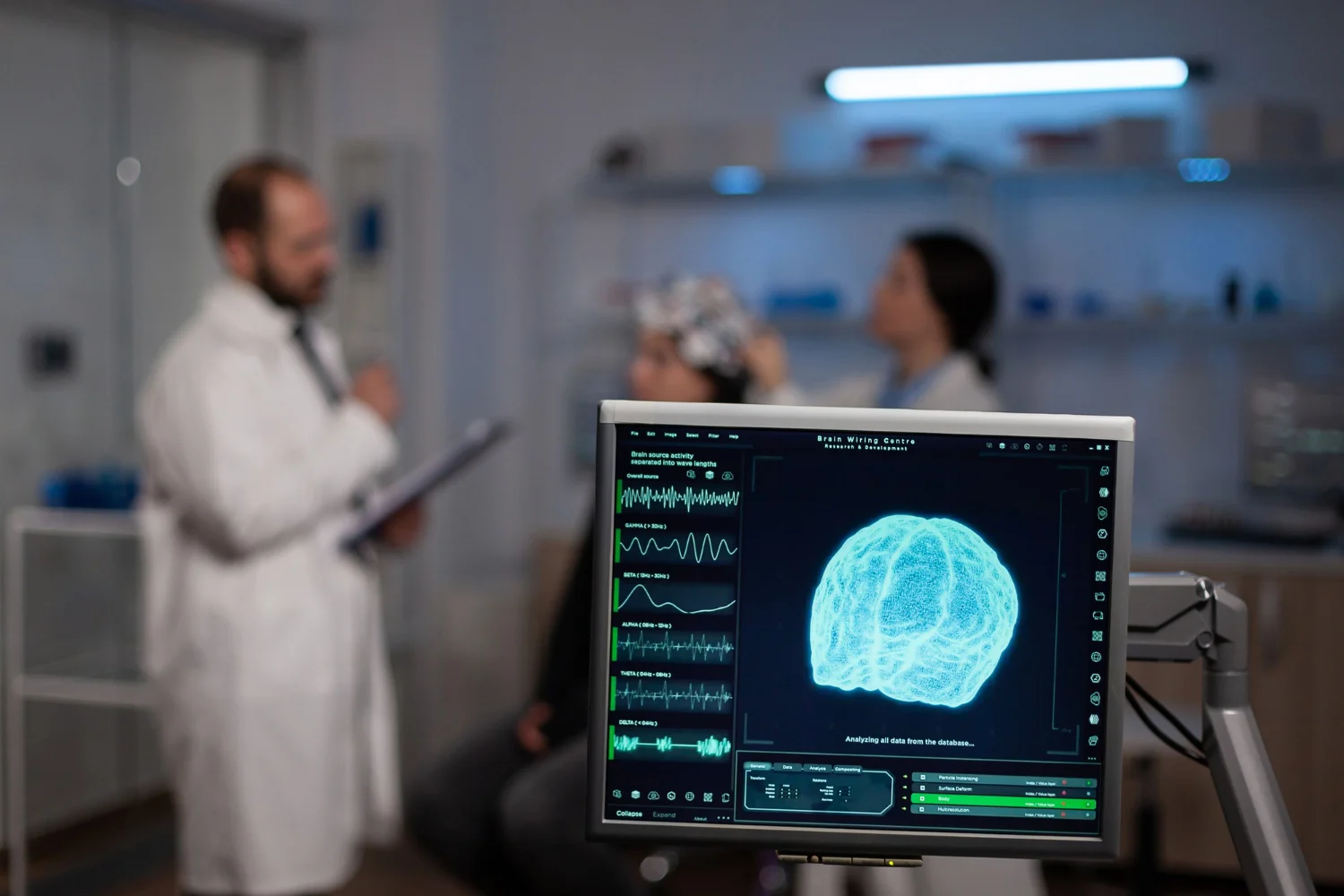What To Do During An Acid Reflux Attack?
Category: General medicine
Acid reflux is a common digestive disorder that affects millions of people worldwide. It occurs when stomach acid flows back into the esophagus, causing a burning sensation commonly known as heartburn. For many, acid reflux can range from occasional discomfort to severe episodes that disrupt daily life. At Lokmanya Hospitals, recognized as the best hospital for gastrointestinal care and various specialized treatments, we prioritize a comprehensive approach to managing acid reflux attacks effectively and safely.
Understanding what to do during an acid reflux attack can help alleviate discomfort quickly and prevent further complications. In this blog, we’ll explore practical steps to take during an attack, common questions like why acid reflux happens, when you should seek medical help, and how Lokmanya Hospitals can support your health journey.
What Happens During An Acid Reflux Attack?
During an acid reflux attack, the lower esophageal sphincter (LES) — a muscular ring acting as a valve between the stomach and esophagus — fails to close properly. This malfunction allows stomach acid to escape into the esophagus, irritating its lining. This causes symptoms such as:
- A burning sensation in the chest or throat (heartburn)
- Sour or bitter taste in the mouth
- Difficulty swallowing
- Chest pain or discomfort
- Regurgitation of food or liquid
These attacks can be triggered by certain foods, habits, or medical conditions. Understanding this is essential for timely and appropriate management.
What To Do During An Acid Reflux Attack?
1. Stay Upright and Avoid Lying Down
One of the quickest ways to relieve acid reflux symptoms is to remain upright. Gravity helps keep stomach acid from rising into the esophagus. Avoid lying down or bending over immediately after an attack or a meal.
2. Drink Water or Milk
Sipping small amounts of water can help wash stomach acid back into the stomach. Some people find that drinking a small glass of milk soothes the esophagus and neutralizes acid. However, be cautious as milk can sometimes trigger reflux in certain individuals.
3. Avoid Trigger Foods and Beverages
Common acid reflux triggers include spicy foods, caffeine, alcohol, chocolate, and fatty or fried foods. During and after an attack, avoid these items to prevent worsening symptoms.
4. Take Over-the-Counter Antacids
Antacids can neutralize stomach acid and provide fast relief. Medications such as Tums, Rolaids, or Gaviscon are widely used. However, always use them as directed and consult a healthcare professional if symptoms persist.
5. Practice Deep Breathing and Relaxation
Stress can exacerbate acid reflux. During an attack, practicing deep, slow breathing or relaxation techniques can reduce anxiety and lessen symptoms.
6. Avoid Tight Clothing
Tight clothes, especially around the waist, can increase abdominal pressure and worsen reflux symptoms. Looser clothing can help reduce discomfort.
7. Modify Your Eating Habits
Eat smaller, more frequent meals instead of large heavy meals. Chewing food slowly and thoroughly can also reduce acid reflux risk.
When Should You Seek Medical Help?
While many acid reflux attacks can be managed at home, certain symptoms warrant immediate medical attention:
- Severe or persistent chest pain, especially if accompanied by shortness of breath or pain radiating to the arm or jaw
- Difficulty swallowing or feeling like food is stuck
- Unexplained weight loss or vomiting
- Signs of gastrointestinal bleeding such as black or bloody stools
At Lokmanya Hospitals, one of the best hospitals offering advanced diagnostic and treatment options, our team can accurately assess your condition using endoscopy, pH monitoring, and other state-of-the-art tools to ensure the right treatment plan.
Why Does Acid Reflux Occur?
Acid reflux can be caused by multiple factors, including:
- Weakening or dysfunction of the lower esophageal sphincter
- Hiatal hernia (when part of the stomach pushes up through the diaphragm)
- Obesity or excess abdominal fat increasing pressure on the stomach
- Pregnancy-related hormonal changes and abdominal pressure
- Smoking and alcohol consumption
- Certain medications like NSAIDs or blood pressure drugs
Understanding these causes helps tailor treatment and lifestyle modifications.
Long-Term Risks of Untreated Acid Reflux
Ignoring chronic acid reflux can lead to serious complications such as:
- Esophagitis (inflammation of the esophagus)
- Esophageal strictures (narrowing due to scar tissue)
- Barrett’s esophagus (a precancerous condition)
- Increased risk of esophageal cancer
This highlights the importance of effective management and regular follow-ups at trusted centers like Lokmanya Hospitals.
Why Choose Lokmanya Hospitals for Acid Reflux Treatment?
Lokmanya Hospitals stands out as a premier healthcare destination not only for gastrointestinal issues like acid reflux but also for a wide range of treatments and multi-specialty care. Our expert gastroenterologists use advanced diagnostics and personalized treatment plans tailored to each patient’s unique needs. Whether you require lifestyle guidance, medication management, or surgical intervention, Lokmanya offers comprehensive care under one roof.
Equipped with cutting-edge technology and a compassionate medical team, Lokmanya Hospitals ensures faster recovery and minimal discomfort for patients suffering from acid reflux and related conditions. Our commitment to excellence makes us one of the best hospitals for digestive and general healthcare in the region.
Conclusion
Acid reflux attacks can be uncomfortable and distressing, but knowing what to do during an episode can significantly ease symptoms and prevent complications. Staying upright, avoiding triggers, and timely medication can provide relief, but persistent or severe symptoms should prompt medical consultation.
Lokmanya Hospitals offers world-class care for acid reflux, combining expertise, advanced diagnostics, and patient-centered treatment to help you manage and overcome this condition effectively. Don’t let acid reflux control your life — seek expert help at Lokmanya and regain your health and comfort.
FAQs
Q1: What is acid reflux?
Acid reflux occurs when stomach acid flows back into the esophagus, causing heartburn and discomfort.
Q2: Why do acid reflux attacks happen suddenly?
Attacks can be triggered by certain foods, stress, overeating, or lying down too soon after meals.
Q3: Can acid reflux be cured?
While acid reflux can be managed effectively, lifestyle changes and medication usually control symptoms. Severe cases may require surgery.
Q4: When should I see a doctor for acid reflux?
Seek medical advice if you experience frequent attacks, severe pain, difficulty swallowing, or signs of complications.
Q5: Are there natural remedies for acid reflux?
Lifestyle changes such as weight management, avoiding trigger foods, and eating smaller meals can help reduce symptoms naturally.
Previous blog

What Is Brain Tumor?
Next blog






